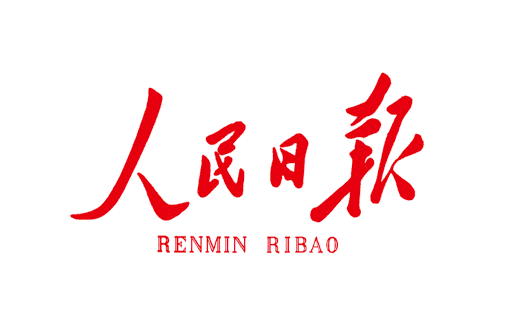The flagship news publication of the Chinese Communist Party has published an editorial calling for the dismantling of the “revolving door” between financial institutions and regulators, which sees officials frequently swap their government roles for private sector positions.
The editorial by Ouyang Jie (欧阳洁 ) entitled “Financial Regulators Must be Good Guardians” (金融监管者要当好“守护人”) point out that the recent scandal involving the Chengdu branch of the Shanghai Pudong Development Bank also led to the punishment of senior regulatory officials.
The China banking regulator hit SPD’s Sichuan branch with a 462 million yuan fine after the Chengdu branch extended USD$12.14 billion in credit to shell companies as part of efforts to conceal non-performing loans.
The People’s Daily notes that in addition to banking personnel, the scandal also led to the toppling of the former head of the Sichuan China Banking Regulatory Commission, revealing a problem with collusion between regulators and members of industry.
“In order for regulation to truly possess force, it is necessary to dismantle the ‘revolving door’ between financial institutions and regulatory agencies, and prevent the intertwining of their interests,” said the editorial.
“Since last year, regulatory departments have unveiled measures on the separation of public and private interests as well as professional negligence, in order to provide a systemic basis for preventing corruption and moral hazard, and firmly establish a ‘fire wall’ between the public and the private.’
“Statistical data indicates that in 2017 CBRC implemented stern handling of negligent or inadequate performance of professional duties as exposed by major risk incidents, with a total of 69 staff held accountable.
“True regulation means understanding one’s own professional duties and lot. Who stands together with the regulators? What are the responsibilities of regulators?
“If we do not clearly distinguishing the dividing line between regulators and the regulator, it is hard to prevent regulation form becoming weak, and from unconsciously drifting towards the direction that benefits the regulated.
“Regulation must be open, and the exercise of regulatory powers before the gaze of the public can form effective constraints and supervision. Regulation then will no longer be just a ‘game of cat and mouse’ between regulators and institutions.”



